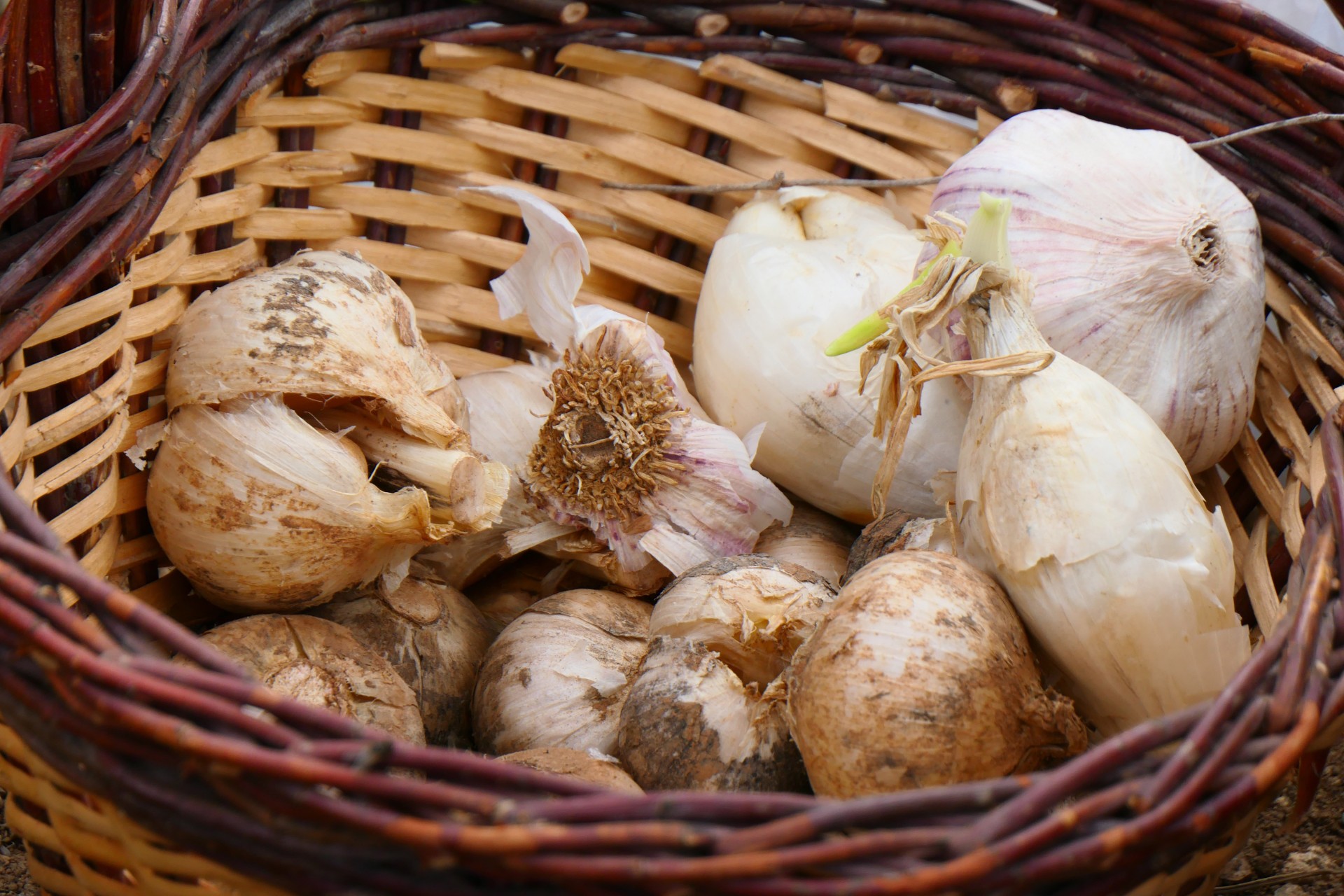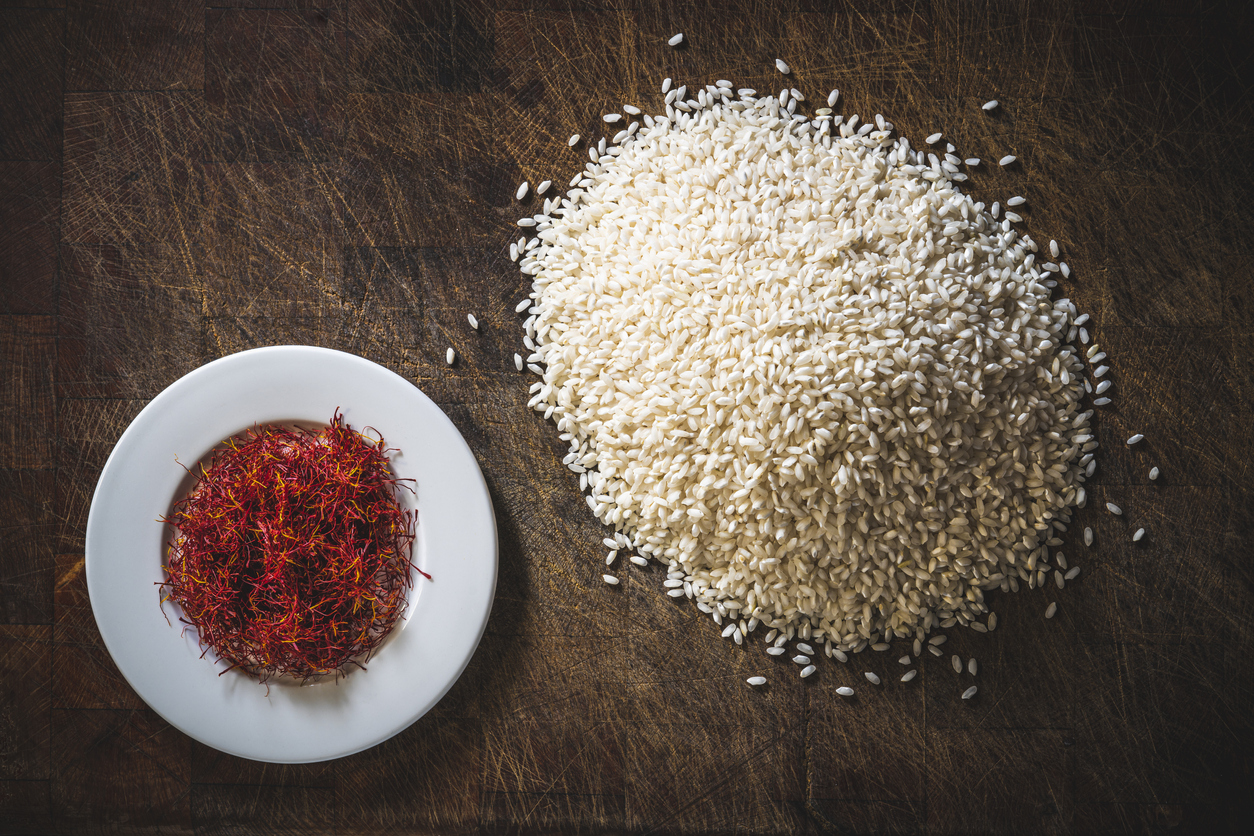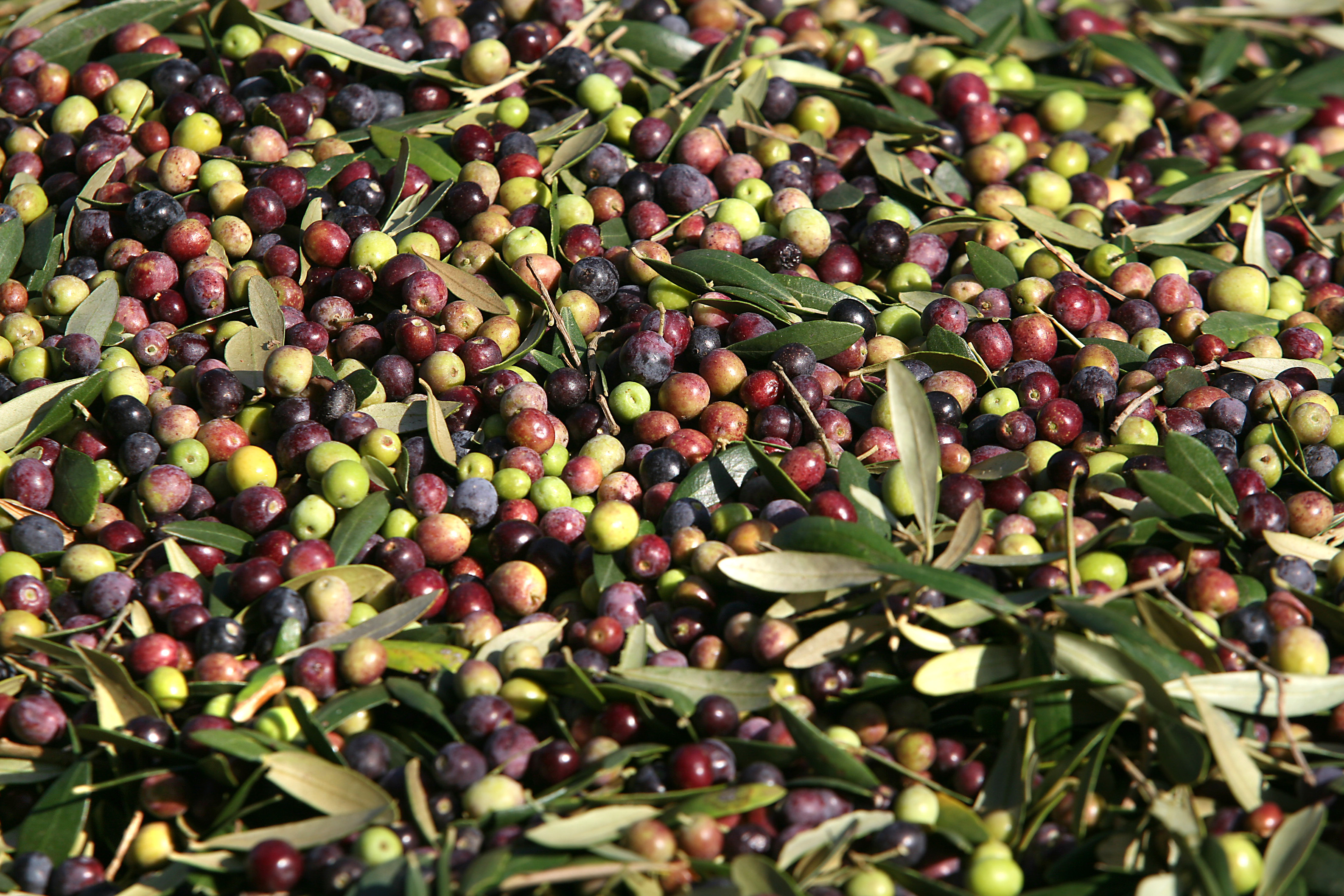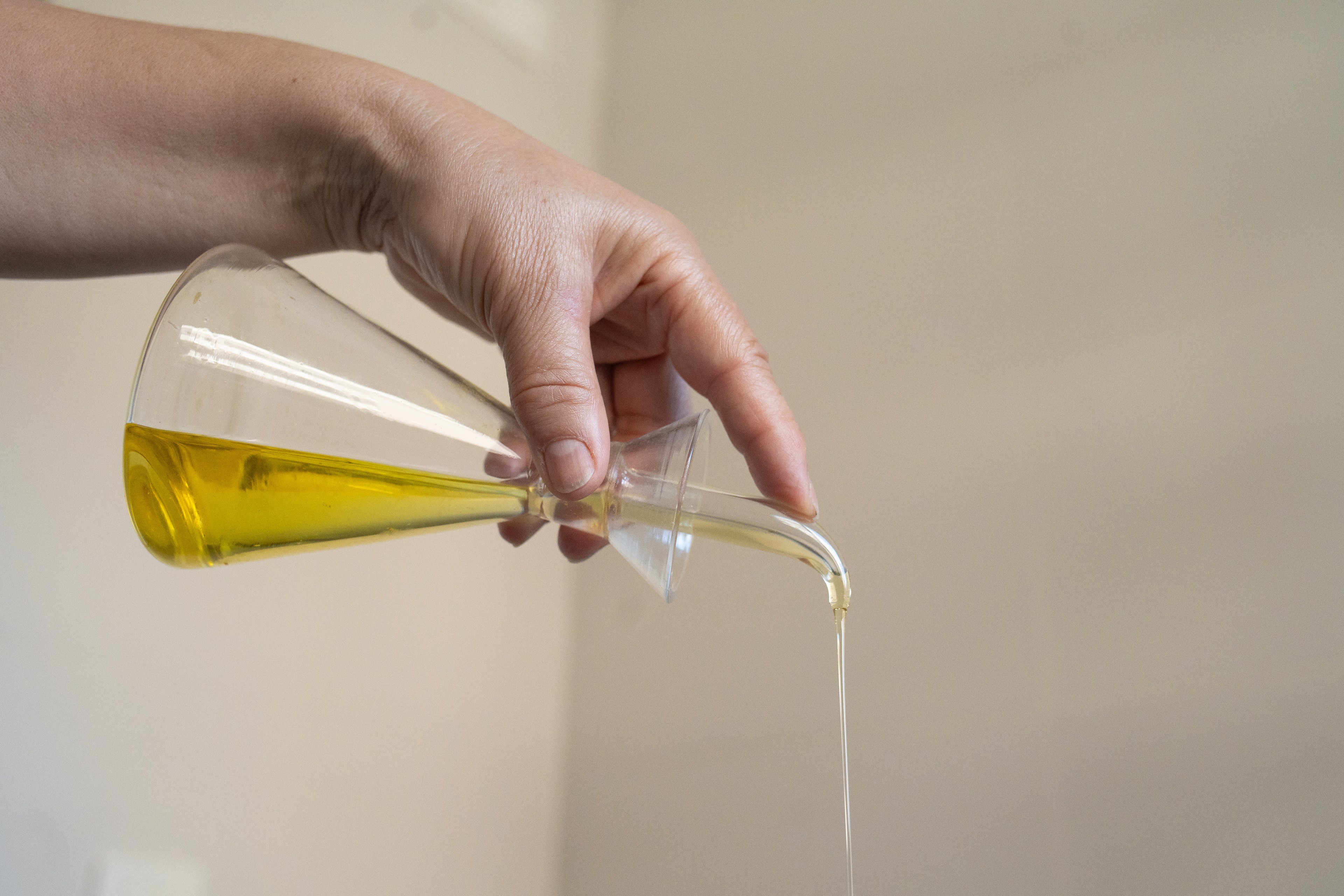Research in Spain reveals that olives, garlic, grapes, rosemary and saffron act as drugs against cardiovascular disease
Research originating from a University of Barcelona undergraduate project, involving scientists from the UAB's Neurosciences Institute, University of Barcelona, and institutions in Cuba and Chile, has led to a thorough analysis of a range of plants common in the Mediterranean with medicinal properties that are thought to have a specific impact on cardiovascular conditions that are prevalent among the population. The findings have been published in Food Bioscience.
Cardiovascular conditions account for the majority of sickness and deaths globally. Plant extracts, which are rich in bioactive compounds, have played a significant role in the creation of medicines, as they hold therapeutic possibilities for a range of these conditions. Nonetheless, their utilisation is curtailed by the potential for adverse effects, drug interactions, and the dearth of scientific evidence from high-quality preclinical and clinical studies.

During the 2023-24 academic year, biologist Mateu Anguera Tejedor made a significant contribution in this field with his undergraduate thesis in Biology at UAB, supervised by the former postdoctoral researcher at the Institute of Neuroscience of UAB (INc-UAB) and current professor at the Faculty of Pharmacy, London College of Science, Dr René Delgado.
A recent research paper, published in the scientific journal Food Bioscience, offers a detailed summary of the effects, both before and after trials, of beneficial substances extracted from a range of Mediterranean plants that are part of the Mediterranean diet, and investigates the potential negative consequences of these substances.

Our review concentrated on the key drug-related mechanisms, highlighting their antioxidant, anti-inflammatory and blood vessel-dilating actions, as well as their impact on fat metabolism, which may be relevant for conditions like atherosclerosis and high blood pressure. The findings suggest that these key components hold potential in treating atherosclerosis and could help lower the risk of having a heart attack or stroke.
In addition to summarising the current scientific evidence, the study serves as a reference guide for future research, as it identifies possible gaps in knowledge and provides timely recommendations for designing preclinical and clinical trials in this field. Key areas for further investigation include the long-term safety of these compounds, the assessment of their combined effects when taken as part of the Mediterranean diet, and the need to establish standardised protocols in controlled clinical settings. By expanding the scientific foundations of these traditional remedies, this review can help pave the way for using them as active pharmaceutical substances in the development of future phyto-medicines.

The combined intake could affect the effectiveness of each component.
The research team believes that using these plant extracts is a promising area of study, but they suggest that taking them together could affect treatment outcomes due to the "matrix effect", which implies that other substances in the diet may alter the effectiveness of the extracts. This potential interaction needs to be understood in order to get the best results from using these plant extracts as part of your diet. It's also essential to note that there is often limited evidence of how plant extracts affect humans, so researchers are advising that the fact something is "natural" is not a guarantee of safety. Further studies are recommended to assess how well they work, how safe they are, and how effective they are in comparison to existing treatments.

The research is part of the team led by Professor Francesc Jiménez Altayó from the Department of Pharmacology, Therapeutics, and Toxicology at the University of Barcelona. He is a researcher at the Centre for Biomedical Research in Cardiovascular Diseases (CIBERCV) and the Institute of Neurosciences at University of Barcelona (INc-UAB). Professor Jiménez Altayó supervised Professor René Delgado Hernández, a Cuban researcher from the University of Havana, who was affiliated with the María Zambrano programme in the Department of Pharmacology, Therapeutics, and Toxicology at the Faculty of Medicine of University of Barcelona during the 2022-23 academic year. Currently, Professor Delgado Hernández teaches at the Clinical Pharmacy and Pharmaceutical Care Unit at the Faculty of Pharmacy and Food Sciences at the University of Barcelona. The preparation and final publication of the research involved staff and researchers from Cuban and Chilean institutions with a reputation for excellence in the pharmacology of natural products.
Posting Komentar